CAASE - Continuous Optimization Model
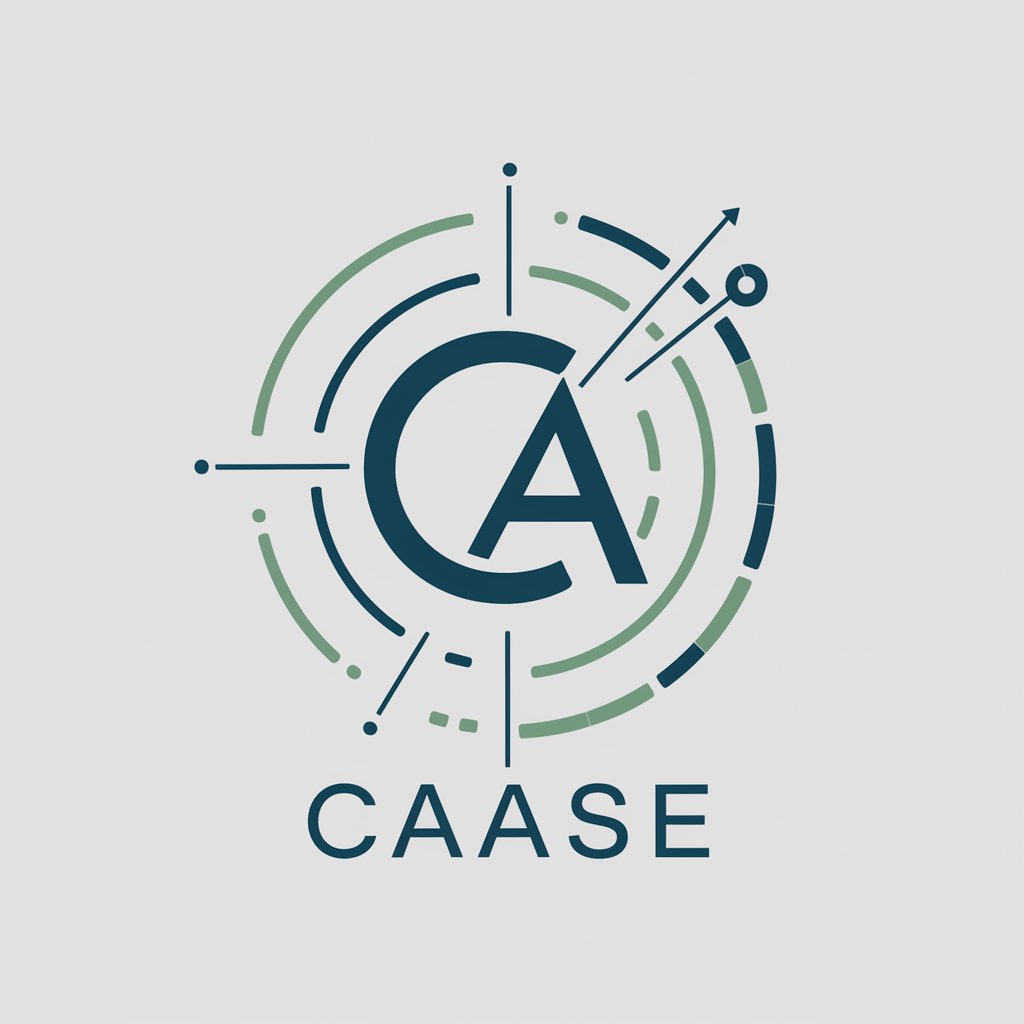
Hello! I'm here to help you optimize and enhance your solutions.
Refine. Adapt. Optimize. Ethically.
Imagine a system that continually refines solutions based on...
Consider an AI model designed to optimize effectiveness and efficiency while...
Think of an iterative process that balances innovation with ethical guidelines, resulting in...
Visualize an adaptive approach that uses feedback and data to enhance...
Get Embed Code
Introduction to CAASE
The CAASE (Continuous Analysis and Adaptation for Solution Enhancement) model is designed to enhance solutions iteratively, focusing on optimizing effectiveness, efficiency, and ethics within a variety of contexts. This model evaluates an initial solution, idea, or problem by systematically analyzing its performance and impact from multiple dimensions. By incorporating feedback loops, CAASE iteratively refines the approach to balance and improve upon these three critical areas. For example, in a healthcare application, CAASE might start with a preliminary algorithm for patient data analysis aimed at identifying risk factors for a specific disease. Through cycles of evaluation and adaptation, it refines the algorithm to improve accuracy (effectiveness), reduce computational resources required (efficiency), and ensure patient privacy and data security (ethics), ultimately leading to a more reliable and sustainable healthcare solution. Powered by ChatGPT-4o。

Main Functions of CAASE
Evaluation of Effectiveness
Example
Assessing an environmental monitoring system's ability to accurately predict pollution levels.
Scenario
In an environmental science application, effectiveness evaluation might involve comparing the system's predictions against actual pollution measurements, leading to algorithm adjustments that improve prediction accuracy.
Evaluation of Efficiency
Example
Optimizing an e-commerce platform's recommendation system to use fewer resources while maintaining user engagement.
Scenario
Efficiency evaluation could involve analyzing the system's algorithm to identify and eliminate redundant processes, thereby reducing server load and response times without compromising on the quality of recommendations.
Evaluation of Ethics
Example
Ensuring an AI-driven hiring tool does not exhibit bias towards certain demographics.
Scenario
In a corporate HR application, ethical evaluation might include analyzing the tool's decision-making process to identify and mitigate unintended biases, ensuring fair and unbiased hiring practices.
Iterative Refinement
Example
Continuously improving a traffic management system to adapt to changing urban dynamics.
Scenario
This function involves regularly updating the system's models based on new traffic data and urban development information, ensuring the management strategies remain effective and efficient over time.
Adaptation to Context
Example
Tailoring a disaster response strategy to different geographical regions and their specific vulnerabilities.
Scenario
Adaptation could involve modifying the strategy to consider local infrastructure, climate, and available resources, enhancing the effectiveness of response efforts in diverse environments.
Ideal Users of CAASE Services
Innovators and Product Developers
This group includes individuals and teams developing new technologies or products. They benefit from CAASE by using it to iteratively refine their solutions, ensuring they are effective, efficient, and ethically responsible before and after market launch.
Policy Makers and Government Officials
These users apply CAASE to develop and evaluate policies and programs, ensuring they are optimized for public benefit, cost-effective, and ethically sound, particularly in areas like public health, education, and environmental protection.
Researchers and Academics
This group uses CAASE for scientific research and academic projects, applying its principles to ensure their work is rigorously evaluated, efficiently conducted, and ethically sound, fostering innovation and knowledge advancement.
Corporate Leaders and Managers
Corporate users leverage CAASE to enhance business processes and strategies, focusing on optimizing operations for efficiency, effectiveness, and ethical compliance, thereby improving profitability and sustainability.

How to Utilize CAASE
Start Without Hassle
Initiate your journey by visiting yeschat.ai for a complimentary trial, bypassing the need for login or subscribing to ChatGPT Plus.
Identify Your Objective
Clarify your goal or the problem you wish to optimize, whether it's improving a business process, enhancing a product design, or solving a complex academic issue.
Engage with CAASE
Interact with CAASE by presenting your initial solution, idea, or problem statement. Provide as much context and detail as possible to facilitate precise optimization.
Iterate and Refine
Utilize CAASE's feedback to iteratively refine your solution. Focus on balancing effectiveness, efficiency, and ethical considerations in each cycle.
Apply and Evaluate
Implement the optimized solution in your context. Continuously evaluate its performance and return to CAASE for further refinement if necessary.
Try other advanced and practical GPTs
Locksmith Minneapolis, Minnesota AI Assistance
Unlocking Solutions with AI Power
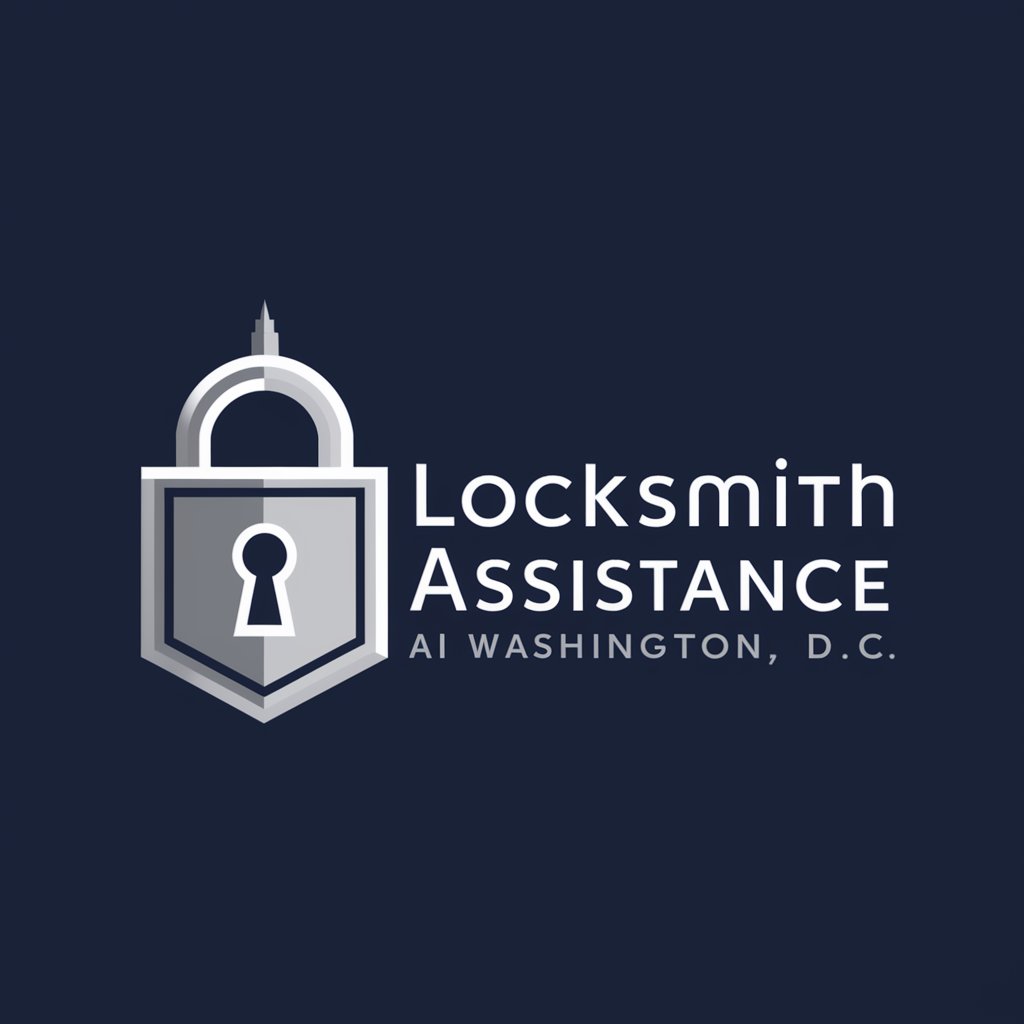
Car Insurance Cleveland, OH
Navigating Car Insurance with AI Ease

World Conception Chatbot
Unlocking Steiner's Worldviews with AI
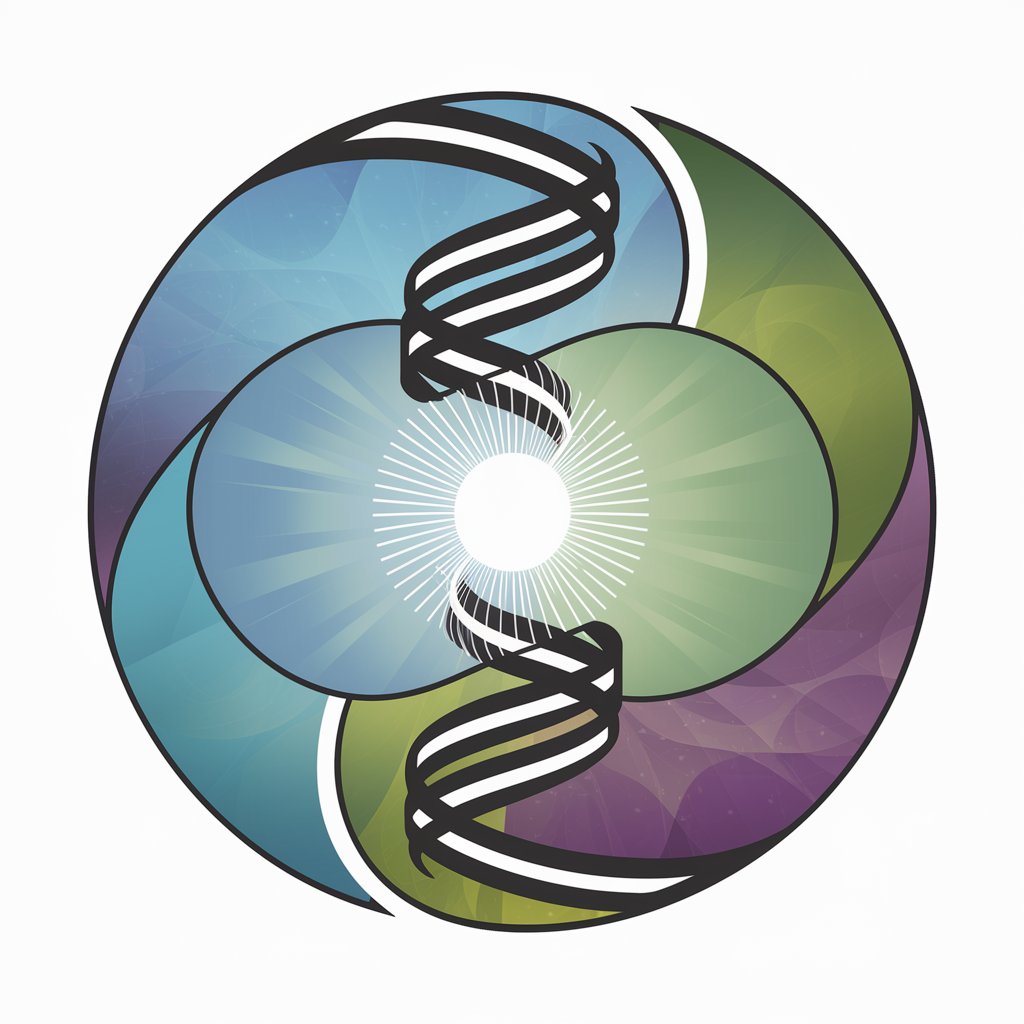
Resume Architector
Craft Your Career Path with AI

TerraGuide
Streamlining Terraform with AI

Poster Master
Design Your Vision with AI

SKY·翻译机器人
Bridging Languages with AI Precision
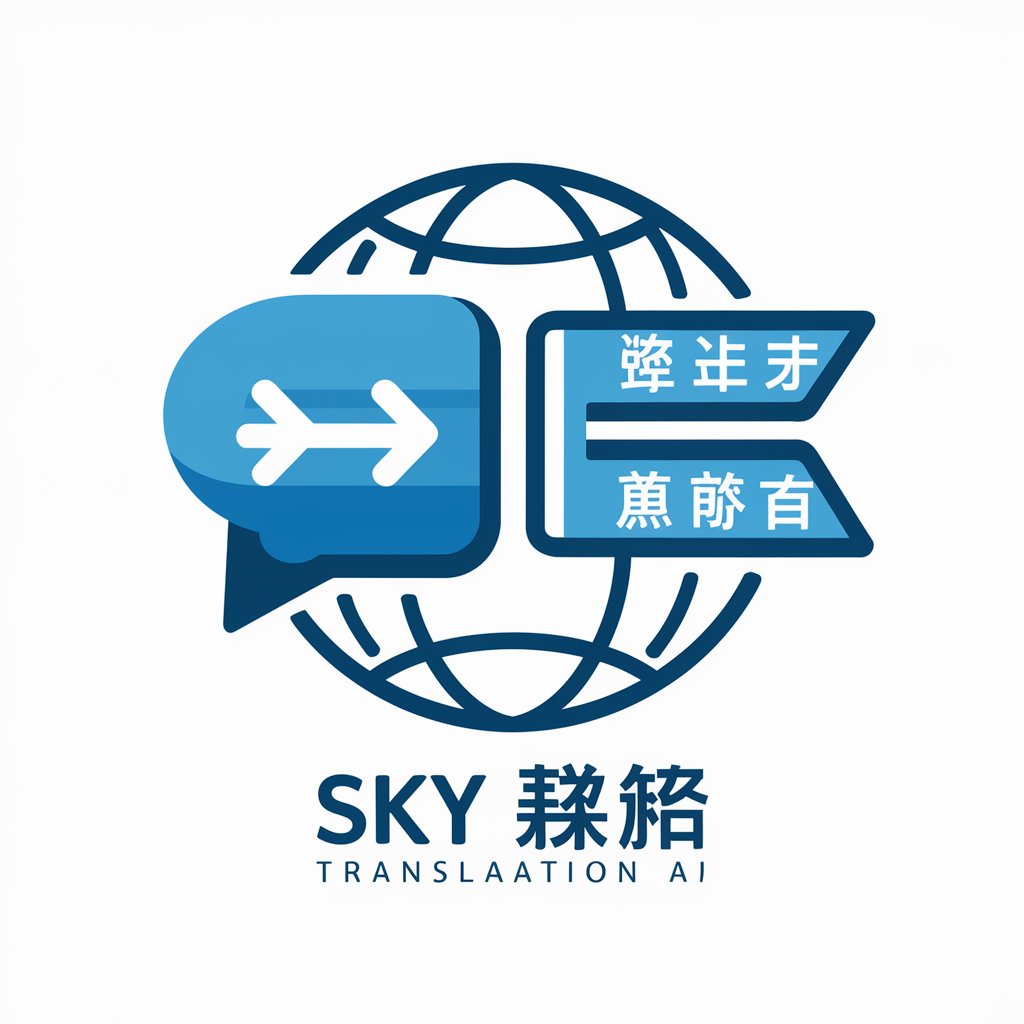
SEOエージェント
Optimize smarter with AI-driven insights

AvatarGPT
Empowering Creativity with AI
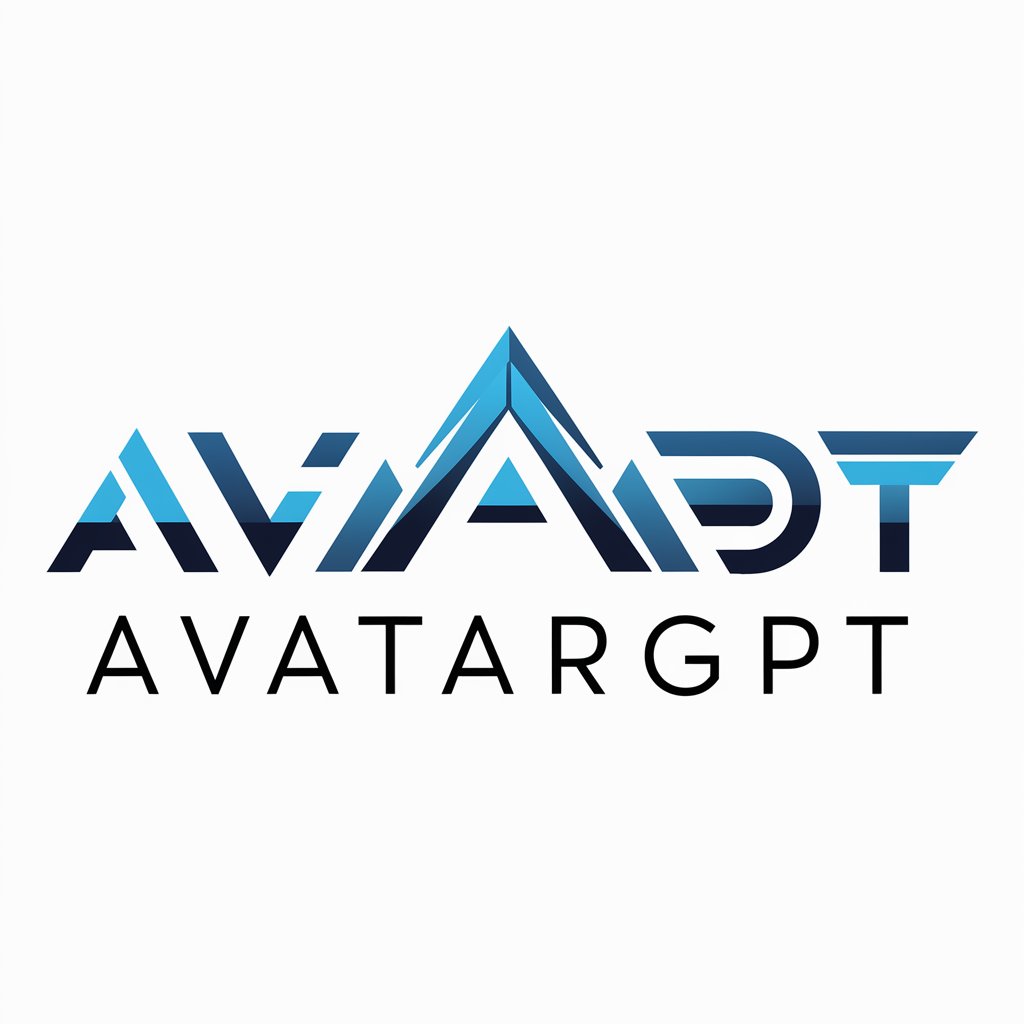
The 5 Whys
Uncover root causes with AI-powered analysis
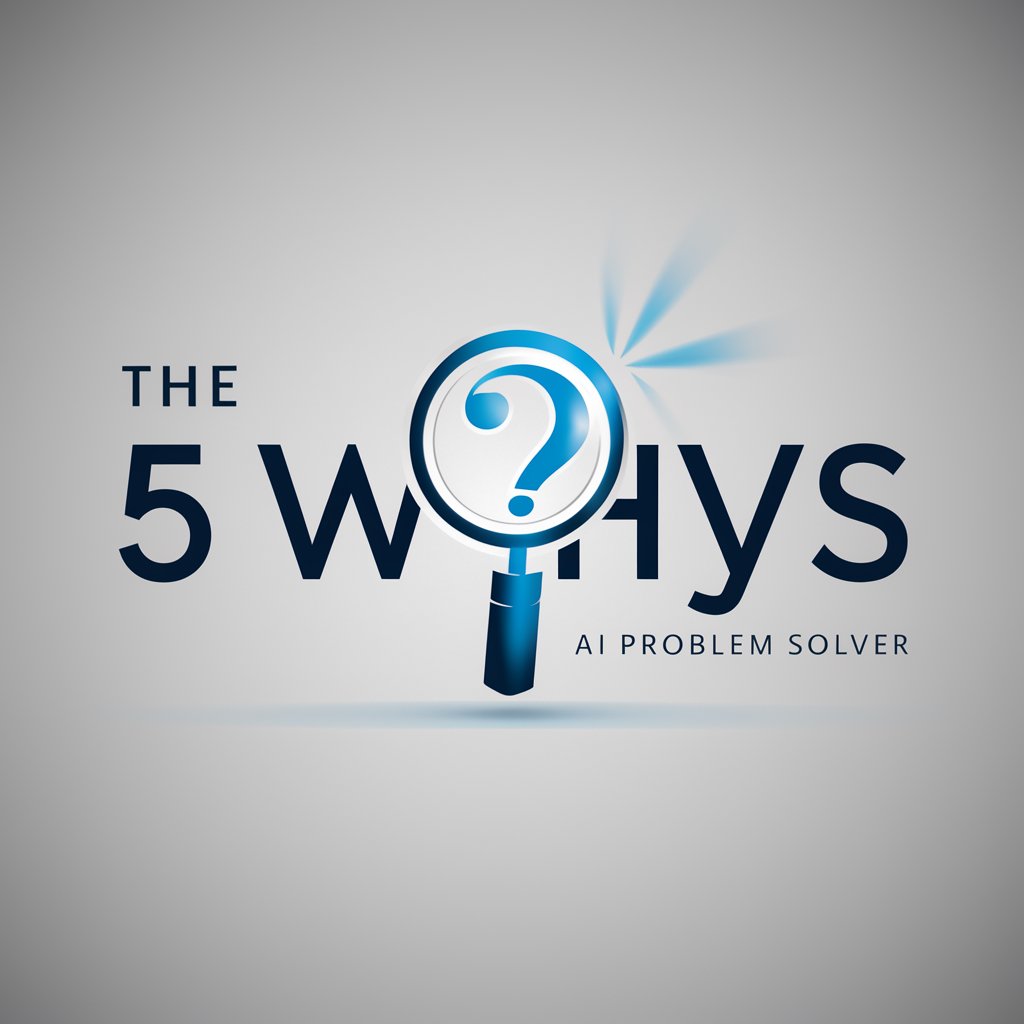
Lucky Number Generator
Randomize Your Luck with AI

The Arabic SEO Wordsmith
Crafting Optimized Arabic Content with AI

Frequently Asked Questions about CAASE
What is CAASE and how does it work?
CAASE, Continuous Analysis and Adaptation for Solution Enhancement, is a model designed to iteratively optimize solutions across various domains. It evaluates solutions based on effectiveness, efficiency, and ethical considerations, then provides refinements to enhance these aspects. Users engage with CAASE by inputting their initial solutions or problems, which CAASE then iteratively optimizes through cycles of feedback and refinement.
Can CAASE be applied to any field or industry?
Yes, CAASE is versatile and can be applied across multiple fields, including business, engineering, healthcare, and education. Its flexible framework allows for optimization of solutions regardless of the domain, making it a valuable tool for problem-solving and innovation in diverse settings.
How does CAASE handle ethical considerations?
Ethical considerations are integral to CAASE's optimization process. It ensures recommendations adhere to ethical standards by evaluating solutions against criteria like fairness, transparency, and the potential for societal impact, thereby preventing biases and unethical outcomes.
What makes CAASE different from other AI optimization tools?
CAASE stands out for its emphasis on continuous iteration, ethical evaluation, and adaptability to context. Unlike other tools that may focus solely on efficiency or effectiveness, CAASE balances these with ethical considerations, making it a more holistic and responsible optimization model.
How can I provide feedback or adjust my solution based on CAASE's recommendations?
After receiving CAASE's optimization recommendations, you can adjust your solution by incorporating the feedback and re-engaging with the model for further refinement. This iterative process allows for continuous improvement and adaptation to changing conditions or new information.
